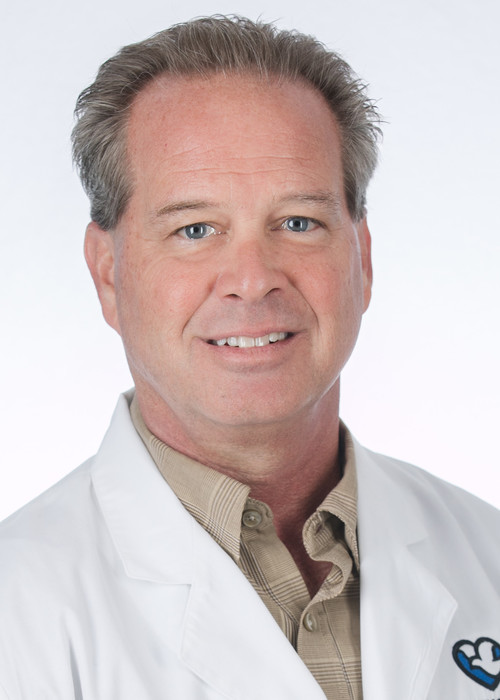Healthy Lifestyle
Senior Health: You Don't Have to Live Life in the Slow Lane
Published: June 18, 2019 When it comes to seniors and their health, age really is just a number.
When it comes to seniors and their health, age really is just a number.
Some people in their 80s or 90s are very active and have few medical problems, while some younger people have a variety of issues. There is no road map for what happens at a certain age. No two patients are alike.
But there is some advice I give every older adult I see.
Stay physically active
Keep it simple. You don’t have to match what you did in your youth. At a minimum, make an effort to be up and walking regularly. Then progress to finding an activity you enjoy that keeps you on the go. It could be gardening, tending to your yard, golfing or bowling.
Maintaining your flexibility and balance is also important. If stretching isn’t part of a regular exercise program you enjoy, I recommend you begin a simple daily stretching program. Not only can it help decrease the likelihood of falls, but it can also help with the normal aches and pains that come with aging.
The bottom line: Keep moving, whatever that means for you. It all counts toward physical activity.
 Keep your mind engaged, too
Keep your mind engaged, too
Because an active mind plays a big part in keeping you healthy as you age, I encourage seniors to make social interaction a priority. But for whatever reason – retirement, driving restrictions or diminished mobility – it can be harder than ever to engage with others. Do what you can to avoid isolation, which can affect your sense of well-being and lead to depression.
Even if you can’t engage socially as much as before, do what you can to exercise your mind. Reading books, solving crossword puzzles and watching movies are great ways to keep your mind active and stimulated.
Focus on nutrition
It can be a challenge to maintain a proper diet in your senior years. You often aren’t cooking for as many people, and your appetite isn’t what it once was.
I recommend going back to basics, focusing on the quality of the food you’re eating. Strive for less food that’s coming from boxes, cans and packages. Instead opt for food that’s closer to its natural state that you can prepare at home.
Local senior centers and programs like Meals on Wheels can help provide nutritious meals while offering vital social interaction.
Misconceptions
If you think you have to slow down just because you’re getting older, think again. The key is listening to your body. Pay attention to how you feel during and after activity, then adjust accordingly.
Conversely, it’s never too late to commit to more activity and better health. Remember: Doing something is better than nothing. Finding the right activity that you enjoy just might be the key to success.
Make a plan
The more active you are physically, mentally and emotionally, the better your health tends to be. You’re likely to need less medications and experience fewer health issues. Your primary care provider should be part of your plan. Check in regularly to monitor your progress and for ideas to stay active and healthy well into your golden years.
More Resources
- Read how having a buddy can boost your health
- Are you dehydrated? 6 signs you may need to drink up
- Learn more about Methodist’s systemwide solutions for older adults


